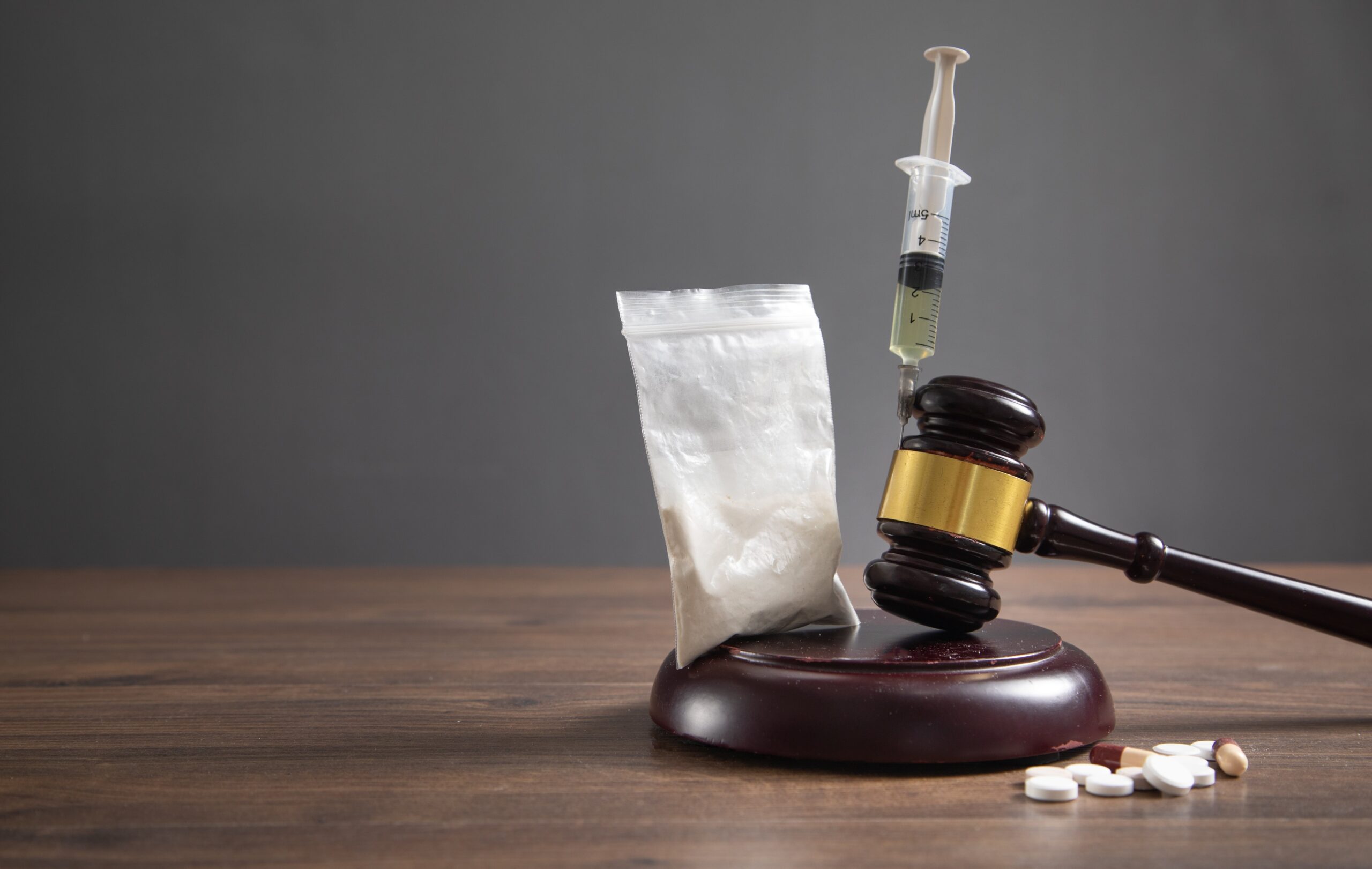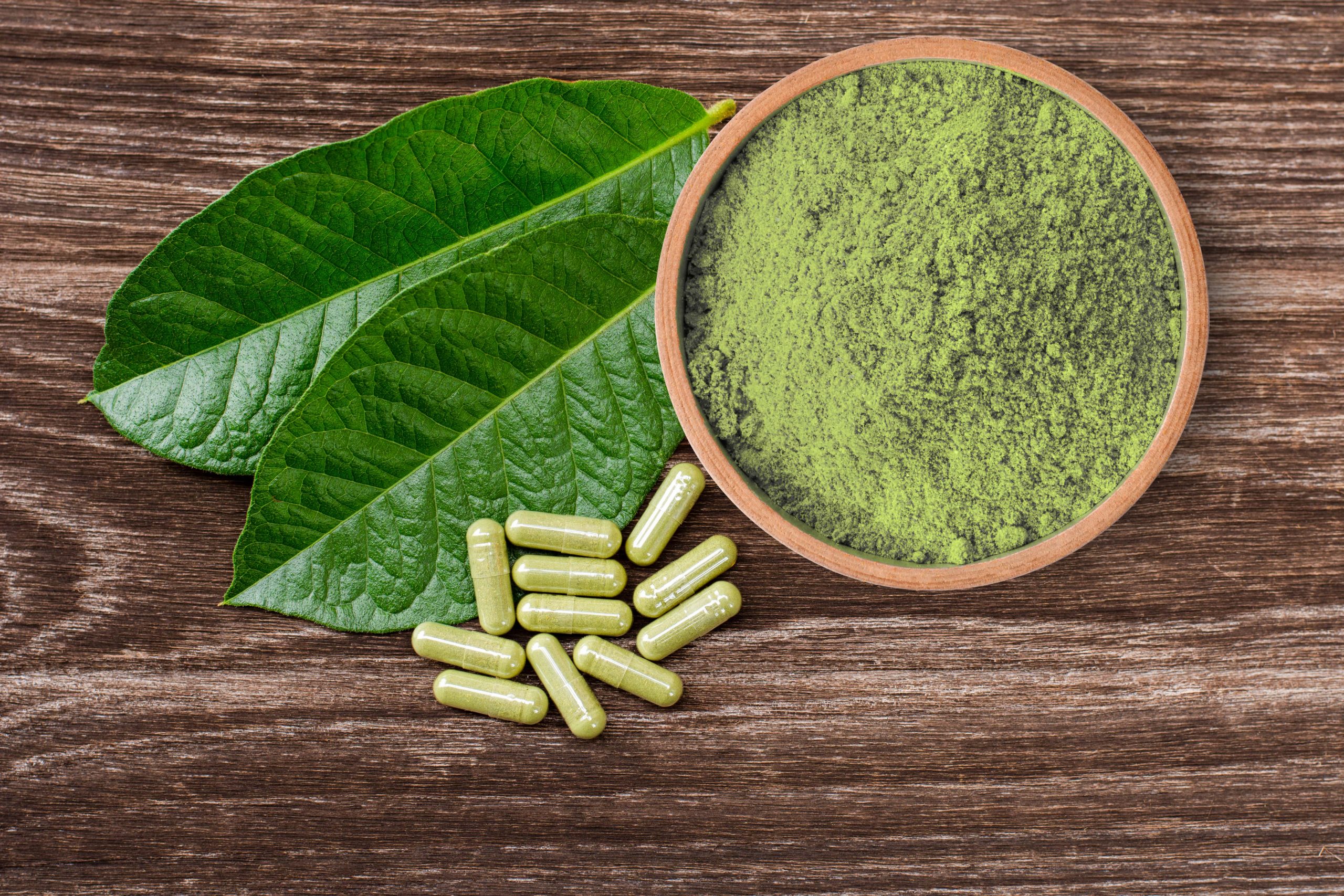DRUG MANUFACTURING CHARGES IN NSW
Illegal drug manufacturing in NSW is a crime.
It is a crime in NSW to manufacture, produce or knowingly take part in manufacturing or producing prohibited drugs, which carries heavy penalties.
To ‘manufacture’ something, means to extract or refine the drug and includes manufacturing it with a view to using it in the manufacturing process of the desired end product.
Our Specialist Drug Lawyers can effortlessly assist you with all the Drug Offences by providing you with the right advice and information.
To ‘take part in’ manufacturing, means:
- Taking any steps in the process of that manufacture; or
- Participating in any steps in the process of that manufacture; or
- Causing any steps to be taken in the process of that manufacture; or
- Providing or arranging finance for any step in the process of that manufacture; or
- Providing the premises, where such steps can take place, where the accused is either the owner, occupier or lessee or is involved in participating in the management of this.
A ‘prohibited drug’ includes Cocaine, Methylamphetamine, Amphetamine, heroin, Ecstasy/ MDMA, and includes substances outlined in schedule 1 of the Drug Misuse and Trafficking Act. Read more about other Drug Offence Charges.
PENALTIES & SENTENCES FOR MANUFACTURING DRUGS
Sentencing guidelines for manufacturing drugs vary depending on many factors such as drug quantity, and maximum penalties.
Sentences for Drug Offences vary depending on type of offence and many other factors such as drug quantity, and maximum penalties.
Penalties for Manufacturing Drugs:
| Quantity | If Local Court | If District Court | If District Court + child is exposed in manufacture |
|---|---|---|---|
| Small Q | 2 years imprisonment and/or $5,500 fine | 15 years imprisonment and/or $220,000 fine | 18-years imprisonment and/or $264,000 fine |
| At least the Small Q but less than Commercial Q | 2 years imprisonment and/or $11,000 fine | 15 years imprisonment and/or $220,000 fine | Same penalties as above |
| Commercial Q | Cannot be dealt with in Local Court | 20 years imprisonment and/or $385,000 fine | 25-years imprisonment and/or $462,00 fine |
| Large Commercial Q | Cannot be dealt with in Local Court | Life imprisonment and/or $550,000 fine | Life imprisonment and/or $660,000 fine |
Drug Weight Categories :
| Prohibited Plant/Drug | Small Qty. | Traffickable | Indictable Qty | Commercial Qty | Large Commercial Qty. |
|---|---|---|---|---|---|
| Amphetamine | 1 g | 3.0 g | 5 g | 250.0 g | 1 Kg |
| Cocaine | 1 g | 3 g | 5 g | 250.0 g | 1 Kg |
| Heroin | 1 g | 3 g | 5 g | 250.0 g | 1 Kg |
| Lysergic acid | 0.0008 g | 0.003 g | 0.005 g | 0.5 g | 2 Kg |
| Methylamphetamine | 1 g | 3 g | 5 g | 250 g | 1 Kg |
| MDMA/Ecstasy | 0.25 g | 0.75 g | 1.25 g | 125 g | 500 Kg |
TYPES OF PENALTIES THE COURT CAN IMPOSE
Anyone guilty of manufacturing drugs in NSW will receive any one of the following types of penalties available for a Judge or Magistrate to impose as a sentence:
- Section 10 Dismissal (non-conviction)
- Conditional Release Order with or without conviction
- Fine with conviction
- Community Correction Order with conviction
- Intensive Correction Order with conviction
- Full-Time Imprisonment with conviction
WHAT ARE THE DEFENCES?
You will be found not guilty of manufacturing prohibited drugs if:
- You obtain or transport the ingredients and implements which are then to be use in the manufacturing of the drugs. Doing this is not considered ‘manufacturing’, rather it is seen as taking preparatory steps in the process of manufacturing drugs. You will be not guilty if you merely take preparatory steps in the process of manufacturing.
- You did this due to necessity or duress.
- You merely loaded drug manufacturing equipment onto a vehicle, and then transport it to a destination.
- While attempting to manufacture drugs, you used substances which are not able to produce a prohibited drug.
- You merely purchase and possess some of the substances or materials capable of making a prohibited drug, but your conduct or actions do not form part of a systematic, planned or pre-arranged series of actions or operations.
- If this charge involves allegations that a child was exposed as a result of this offence, you will be not guilty if the exposed child’s health or safety was not endangered.
- You will be not guilty if the prosecution fails to prove any one of the elements required to make up the Drug Offence of manufacturing drugs-outlined below.
Your Options in Court
Upon pleading not guilty in court to a charge of manufacturing drugs, your case will eventually get adjourned to another day, either for a defended hearing in the Local Court or a jury trial in the District Court.
The prosecution will be required to give you a copy of their evidence on a date well before the hearing or trial date.
The Court will then hear both sides of the evidence before deciding on a verdict of guilty or not guilty for the charge.
If you are found to be not guilty, the drug manufacturing charge will be dismissed, and you will be acquitted.
If you’re found guilty of manufacturing drugs, the court will proceed to sentence, at which time a penalty will be imposed for the offence.
To be found guilty of manufacturing prohibited drugs, the prosecution must first prove, beyond reasonable doubt that:
- You manufactured a prohibited drug; or
- You produced a prohibited drug; or
- You ‘knowingly took part in’ either of the above two.
If this charge involves allegations that a child was exposed as a result, the prosecution will also be required to prove that:
- A child was exposed to the manufacturing or production process; or
- A child was exposed to substances that were stored for use in either of those processes.
You will be found not guilty and acquitted if the prosecution fail to prove this.
If you think that the prosecution will be unable to prove this, our leading Criminal Lawyers in Sydney can draft a document called ‘legal representations’ to the prosecution outlining the weaknesses in their case to get the charge withdrawn early.
Before deciding to plead guilty to a charge of manufacturing drugs, seek early legal advice and guidance.
Once a plea of guilty is entered in court, the case will usually get adjourned to another day for sentence.
On the sentence day, the Magistrate or Judge will determine an appropriate penalty to impose after hearing what you wish to say or tender as evidence in support of you.
An assessment report will usually be ordered by the court in preparation to the sentence date.
If you need more time to properly prepare for sentence, you may ask for an adjournment for your sentence to be heard on another day.
See the below points on how you can best prepare your sentence to maximise your chances at getting the best possible outcome.
25% Reduction in Penalty for Early Plea of Guilty
The court will reduce your sentence by 25% if a plea of guilty gets entered on the first court date for this charge. This will result in a lighter penalty.
However, the later a plea of guilty is entered, the smaller this discount gets. It is recommended to get early advice and guidance to avoid missing out on this discount.
Good Character Letters
Character reference letters for court can convince a Judge or Magistrate to impose a lighter sentence if it outlines the main points of your case from a friend, family, employer, partner, religious and charity organisation.
A compelling character letter may outline your otherwise good character, expressions of your insight and remorse, impact of a conviction or jail on your job, employer and any family dependants.
Letter of Apology
An apology letter is a letter drafted by you, for the Magistrate or Judge to read, outlining your expressions of remorse, insight, personal circumstances, family dependants, and employment.
A compelling apology letter for court can convince the court to impose a lighter penalty on sentence.
Negotiate to drop charges
Through careful analysis of the police evidence, there is always a chance that your charges get withdrawn or downgraded early, especially if any of the defences to this charge apply to you.
This can be done by negotiating with the prosecution- through your lawyer drafting a letter outlining all the holes in the police evidence called ‘legal representations’.
Negotiate to change the police facts
The set of police facts is a document summarising the main details of your offending behaviour for the Judge or Magistrate to read right before determining an appropriate penalty to impose on sentence.
You can negotiate with police to change portions of the current police facts sheet to reflect what really occurred, putting you in a better light when it is read by the court. This can significantly improve your sentence outcome in court.
Psychologist Reports
Getting a powerful psychologist or psychiatrist report for the court to read on your sentence day can significantly improve your court result, especially if the report is done by a well –respected and experienced expert in the field.
It is worth getting a report if you believe you were or are suffering a mental illness.
A compelling psychologist report may outline your mental illness, whether your mental illness contributed to your decision manufacture drugs, your treatment and progress and any compelling explanation for committing the offence.
We have hand-picked the best Expert Lawyers for this job.
With over two decades of experience, we are Australia’s leading drug defence lawyers and barristers who have achieved a proven track record of success across all serious drug cases, including:
• Securing not guilty verdicts in complex jury trials.
• Getting serious drug charges withdrawn early through negotiations.
• Avoiding full-time prison, even after pleading guilty for all types of Drug Offences.
FAQ
In addition, a Judge or Magistrate will consider the factors in the below table when determining an appropriate penalty on sentence for this offence.
Factors Court Considers when Sentencing for Drug Manufacturing Offences
| Your level of involvement | The Judge may apply a less serious penalty if you can show that your involvement in the manufacture of the drug was limited. |
| Your level of sophistication | If you were involved in the technical arrangements of the drug manufacture process, for example communicating with others through coded means, the Judge will more than likely place a harsher sentence upon you. |
| The weight of the drug | As indicated in the above tables, the higher the weight or quantity of the drug, the more severe your sentence is likely to be. It is recommended to ensure you have a copy of the drug certificate relevant to your charge. The Police facts, which will be given to the Judge, will need to state the amount contained in your certificate. Often it is the case that the real weight of the drugs is less than the initial weight done by police. |
| Period of offending conduct | It is often the case that people are charged as a result of a police search or undercover operation. A Judge will consider the length of time you committed the offending conduct and apply a lighter sentence if it was over a short period. |
| Your drug addiction and any vulnerability | People sometimes commit these kinds of offences due to a struggle of their own drug addiction which allows them to fund their habit. This may also be compounded by an underlying mental illness which are all significant factors for a Judge to consider in imposing a more lenient sentence. |
If a Judge imposes a sentence of full-time imprisonment of more than 6-months, the sentence must be given a ‘non-parole’ and ‘parole’ period.
The ‘non-parole’ period is the period of jail required to be spent behind bars, while the ‘parole’ period is the period the offender is eligible for release outside on parole conditions after the non-parole period expires. The combination of ‘non-parole’ and ‘parole’ period is what makes up the entire sentence of imprisonment.
When a Judge is applying the ‘non-parole’ period, he/she will be guided by the ‘standard non-parole period’, which only applies to certain offences (not all).
The ‘standard non-parole period’ is the prescribed ‘standard’ period the law requires Judges to consider imposing as a guide for determining the minimum period of jail before being eligible for release on parole. It only applies to offences involving manufacturing drugs where the drugs involve either the commercial or large commercial quantity.
The ‘standard non-parole period’ only applies as a guide for courts if the drug manufacturing offence is considered to fall in the middle-range of objective seriousness of offences of this kind.
If the drug is of commercial quantity in a drug manufacturing offence, the ‘standard non-parole period’ is 10-years imprisonment.
If the drug is of large commercial quantity in a drug manufacturing offence, the ‘standard non-parole period’ is 15-years imprisonment.
This is reflected in the table to Division 1A, Part 4 of the Crimes (Sentencing Procedure) Act 1999 (NSW).
This includes the process of refining or extracting the prohibited drug.
It even includes manufacturing something with a view to then using it in the manufacture of a desired end product.
You are considered to have ‘knowingly taken part in the manufacture’ of a prohibited drug if you:
- Take any steps, cause steps to be taken or participate in the process of manufacturing it.
- Provide a place for the manufacture of it
- Provide finance or arrange finance for the manufacture of it






